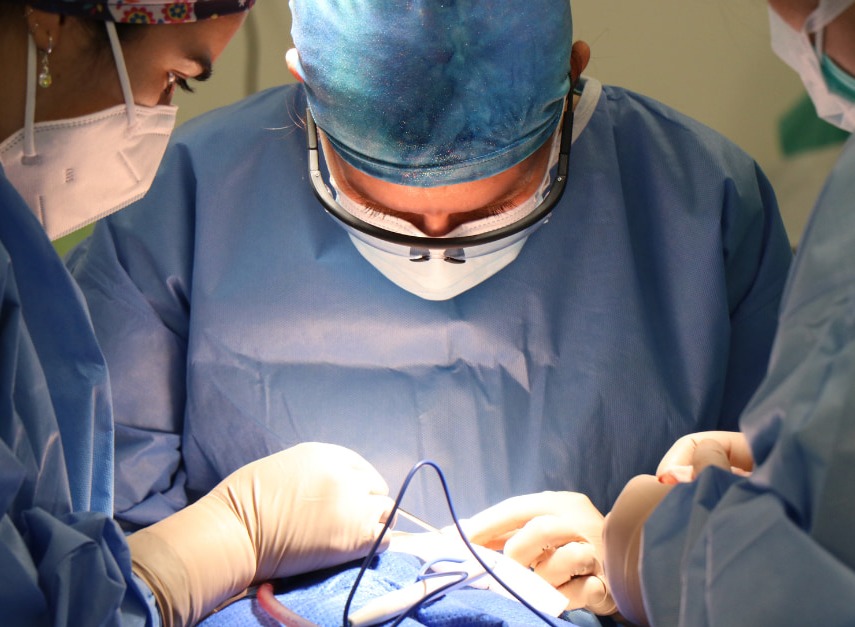Largest ever collection of patient data of inherited epilepsy conditions
Published 8 Nov 2017

Researchers from Swansea University Medical School have joined up with five other centres from around the world to compile the biggest recorded collection of families with forms of epilepsy where genetics may play a part in the recurring feature of the condition.
The aim was to determine if specific clinical epilepsy features aggregate within families and whether this may constitute distinct family syndromes that could inform on subsequent genetic research.
The study involved epilepsy researchers from six Centres (Melbourne, Swansea, Montreal, Columbia University, Dublin and Otago) assembling a cohort of 'genetically enriched' common epilepsies by collecting families containing multiple individuals with unprovoked seizures. 303 families with three or more individuals with unprovoked seizures were included in this study and collected across the six Centres and as part of the Epi4K consortium. Twenty-eight families collected from across Wales by the Neurology Research team met the study criteria.
Clinical analysis of the 303 families revealed that families had a range of epilepsies that were the same by diagnosis but also had mixed forms of epilepsy. In addition some familial epilepsies, that were regarded as rare, are more common than had been appreciated. Also by having well-characterised families this will help in the search for epilepsy genes -- a search which is underway at the Columbia University Institute of Genomic Medicine.
Speaking about the research Professor Mark Rees, Swansea University said:
"This is the first time that an analysis of this scale has focussed on common familial epilepsies. My Swansea University colleagues Dr Owen Pickrell and alumnus Dr Rhys Thomas (now University of Newcastle) worked hard over 10 years to collect 112 epilepsy families in Wales of which 28 qualified for this study. Some of these families had over eight or nine affected individuals which adds to the likelihood of finding new epilepsy genes."
Dr Pickrell added "Epilepsy has a significant effect on people's lives and this project has increased our knowledge on how some kinds of epilepsy run in families. We are looking forward to further results from the study in the future which will may help us develop new epilepsy treatment plans."
Science Daily
3 comments

You will also like

Epilepsy medicines pregabalin and gabapentin to be reclassified as class C drugs
24 Oct 2018 • 5 comments

 Facebook
Facebook Twitter
Twitter



